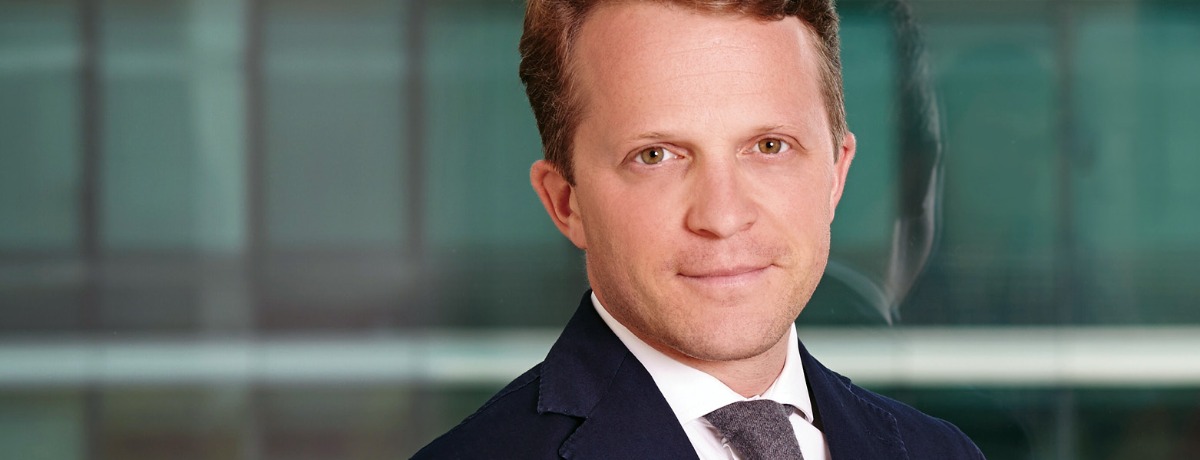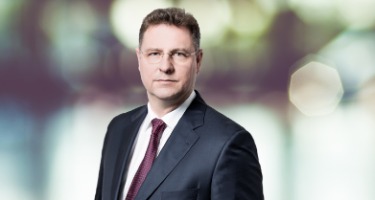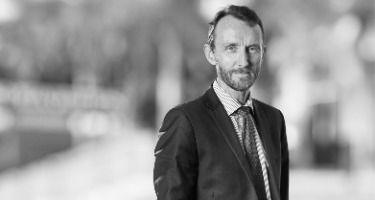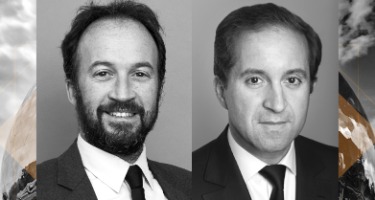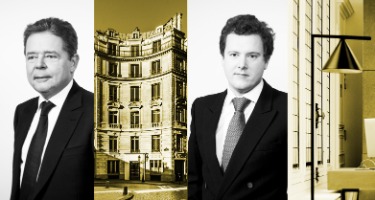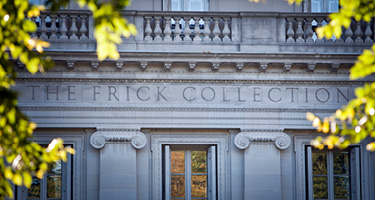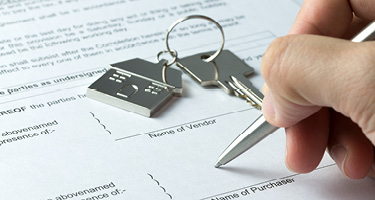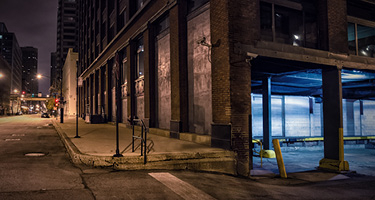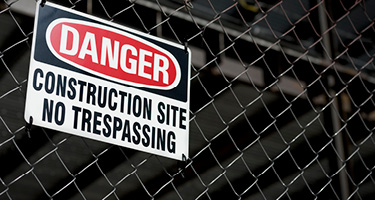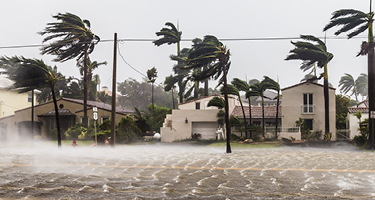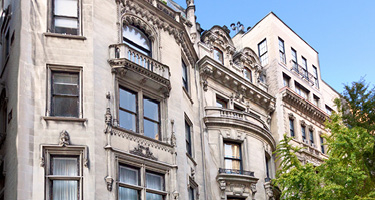Hugues Moreau, an attorney within French law firm Gide's real estate practice group, speaks with Best Lawyers CEO Phillip Greer about his team’s achievements from the last year that earned them the 2019 “Law Firm of the Year” award in their practice and country. Moreau highlights the close relationships of Gide partners as one of their keys to success and speculates on how the French real estate market might change in the upcoming years.
What achievements are you most proud of from this past year that you guys have done in the real estate sector?
What made a real difference in 2018 was, I think, our unique combination of talent and expertise. On the French market, we are probably the only law firm able to display true expertise in not only the real estate sector as an industry, but also in all the areas of law that our clients need to handle their instructions. As well as our specific real estate law expertise, we can also offer advice on investment funds, tax, administrative law (covering planning issues), and corporate law by drawing on the knowledge of those particular practice groups.
I think what we are all proud of is that Gide as a team has consistently demonstrated a combination of talent, which over the past few months has proven to be especially efficient, not only from a business standpoint because we clearly handle most of the high-profile transactions on the market, but also from a quality standpoint. We can be proud that our unique structure has been able to service the whole industry.
Can you tell us about one or two landmark cases that stand out to you in your career at this firm?
I think the most instrumental transaction in my career was the takeover in 2007, just before the credit crunch, of a landmark building in La Défense (Paris Business District). The asset concerned was a tower named Coeur Défense, which was the largest office building in France, and which was divested for more than two billion euros after a highly competitive process. It was purchased by Lehman Brothers just before they collapsed. At that time, the transaction was the largest property-related investment deal ever. When Lehman collapsed, the credit crunch swallowed them, and the market switched. To me, it wasn’t just a deal that kept us busy for 12 or 14 months, but also a turning point in both my career and in the market itself.
I was not a partner at the time. I was the leading associate assisting partner Frédéric Nouel, who was handling the transaction for the sellers. The sellers were Unibail-Rodamco and Goldman Sachs, which we assisted during the day-to-day course of the transaction process.
"When you arrive as a young lawyer, joining Gide like I did at 24, and make partnership a couple of years later, you become the member of a family."
Are there any trends you've witnessed within the real estate sector within the past year, and do you see the real estate sector changing in France in the coming years?
I think the changes have been more on the capital side. Our industry is prone to change given that the capital flowing into Europe for real estate investment is increasingly global, meaning that France is on the radar for investors but only as part of a tiny return or even worldwide strategy, whereas in the past the market was led by more local players. Clearly, we are now working on deals for players who are addressing the real estate industry as a sector in itself and investing their capital in not only Paris, but also other cities across Europe, mainly in Germany and the UK. Some sort of globalization of the capital on deals and of the teams massively working on those deals is a clear trend. Another change is the fact that we do more and more private equity-related investments in our sector, which was not the case in the past. Private equity players only recently started investing in the real estate class of assets, and they add interest to our industry.
In terms of assets, the last 15 or 20 years concerned mostly offices or retail purpose properties, whereas now we clearly see a very strong interest in new classes of assets. Not new in terms of operations, but new in terms of types of property, especially in the hospitality sector. Clearly, hotels are in very high demand at the moment. It's a new capital asset in terms of sophistication in building real and wide portfolios of assets. More recently, we’ve also seen interest from institutional players in residential assets. We used to have small transactions, but jumbo deals addressing the residential sector should, I think, become more commonplace in the near future.
[RELATED: Ballot nominations for the United Kingdom begin February 5]
How does Gide stay agile against competitors in the real estate sector?
That's an interesting one, because on the one hand, we are the largest team in Paris, but on the other, I feel like we are just one big family. We are all very close as we all "grew up" at Gide. When you arrive as a young lawyer, joining Gide like I did at 24, and make partnership a couple of years later, you become the member of a family-like group, growing all together. So we know each other very well. We talk to each other on a day-to-day basis. I think that makes us very agile, compared with most of our competitors. Even though we are a large firm, the fact that we share solid and common roots means we work very smoothly together.
